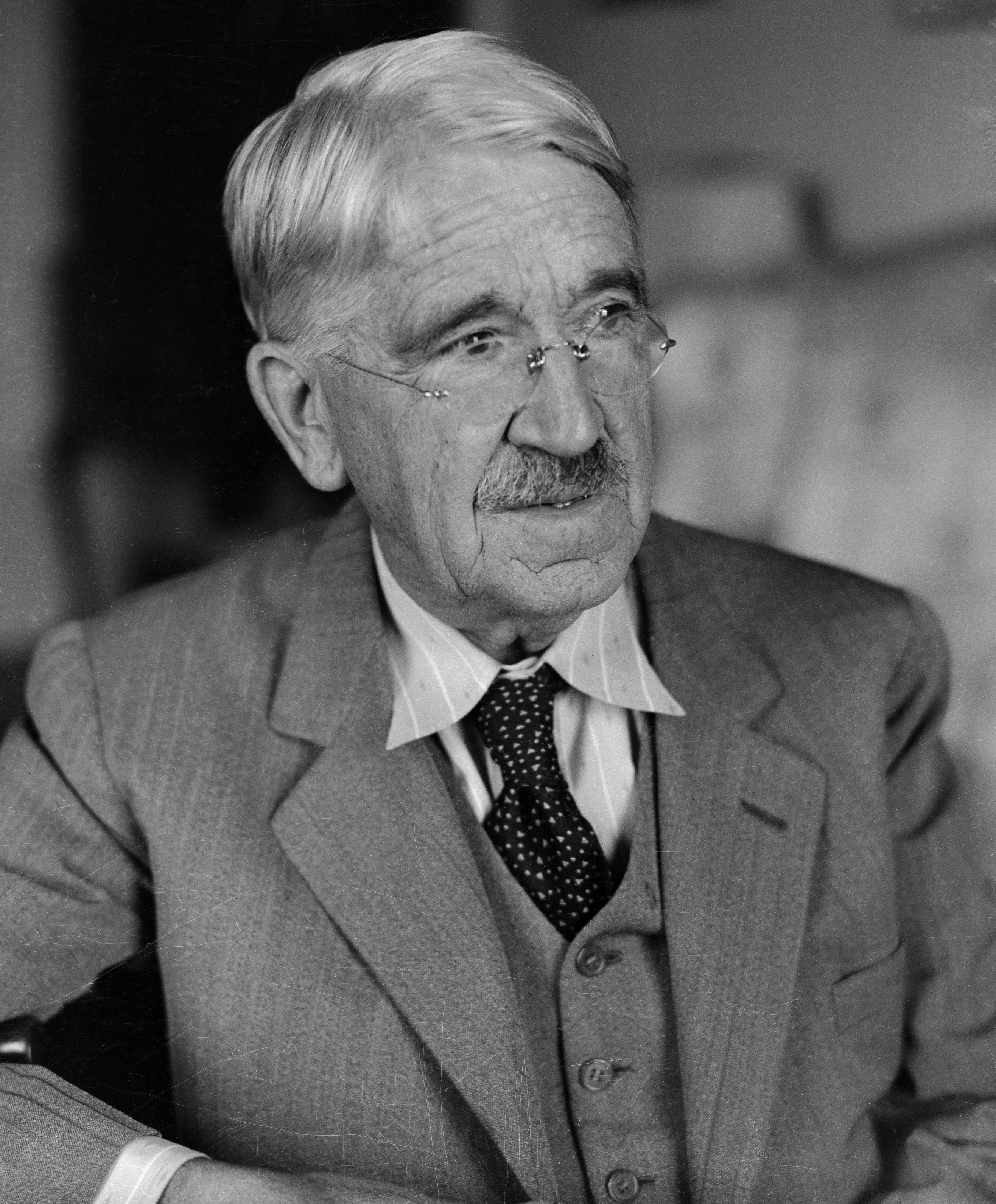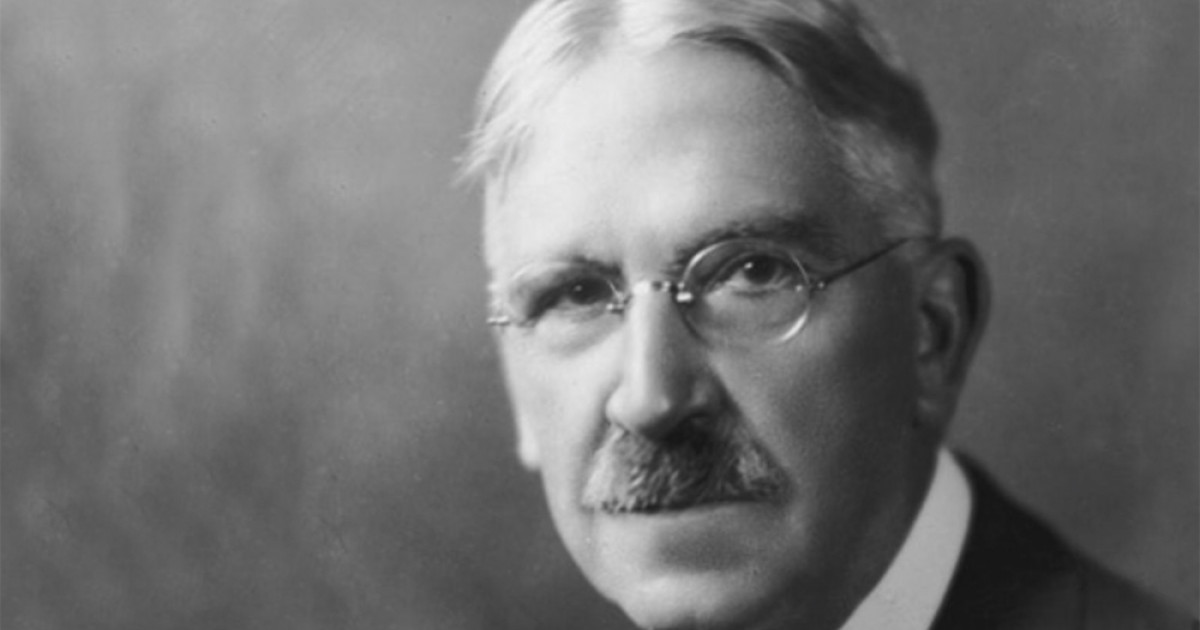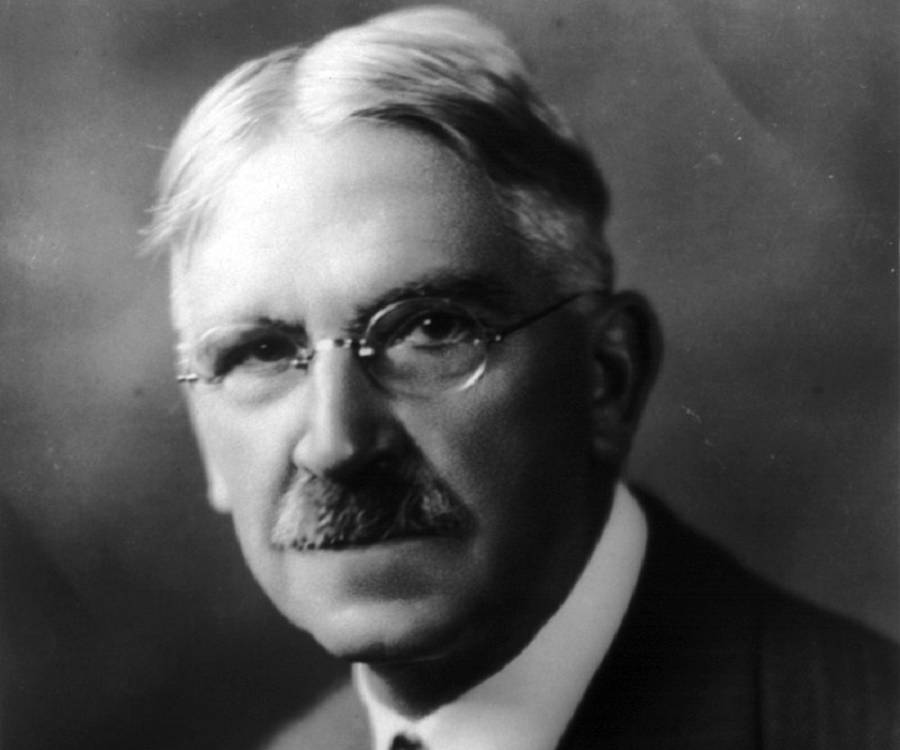Have you ever stopped to think about the people whose ideas quietly shape how we learn, how we think about what is real, or even how we imagine a better way for people to live together? Well, there are, you know, some thinkers who really leave a mark, and one such person, a truly well-known academic figure from America, certainly did just that. His thoughts, in a way, helped change the way many folks looked at the world, and what he had to say about education, for instance, still gets talked about quite a bit today.
This individual, whose name was John Dewey, was, you see, a person with many different hats. He was someone who thought deeply about life's big questions, someone who helped us better understand how our minds work, and also a person who cared a great deal about how we teach younger generations. His work, pretty much, spans a good many topics, and you might say he was a pioneer in more than just one area of study, which is rather impressive.
So, if you are curious about the origins of certain ways of thinking that still affect us, or perhaps you want to know more about someone who really pushed for social change and new ideas in schooling, then learning about John Dewey is a good place to start. His contributions, in some respects, are still quite relevant, showing up in discussions about how schools operate and what it means to build a truly fair community, and we are going to explore some of those here.
- Peter Quill
- Lea Thompson
- Michael Strahan
- Catherine Zeta Jones Movies List
- Simone Biles Has A New Hairstyle To Show Off
Table of Contents
- Who was John Dewey?
- What Did Dewey Do in Philosophy?
- How Did Dewey Do with Education?
- Dewey Do and His Ideas on Society
- What Was Dewey Do About Pragmatism?
- How Did Dewey Do as a Reformer?
- Where Did Dewey Do His Work?
- The Lasting Impact of Dewey Do
Who was John Dewey?
John Dewey, a truly well-known American academic, made a big splash across many fields of thought. Born in Burlington, Vermont, on October 20, 1859, he lived a long life, passing away in 1952. His career was, you know, quite varied, touching on how we think, how we learn, and how we live together. He was a thinker who really tried to connect ideas with everyday living, and that's something that makes his contributions stand out.
He was, in fact, a co-creator of a way of thinking called pragmatism, which we will get to in a moment. He also helped start a new approach to understanding how our minds work, known as functional psychology. So, you can see, he was not just focused on one narrow area. He was, really, someone who looked at the whole picture, trying to make sense of human experience from many different angles. His early writings, like "My Pedagogic Creed" from 1887, show how early he began shaping his ideas about teaching and learning, which is pretty interesting.
Dewey was, more or less, someone who believed in making things better. He was a person who wanted to see society change for the good, and he thought that education was a powerful way to make that happen. He had, to be honest, a vision for a world where people could live without prejudice or unfairness, a place where everyone could feel like they belonged. That kind of thinking, you know, really shows the depth of his commitment to social improvement.
- Leo Sign
- Paul Bettany Movies And Tv Shows
- Bling Ring The
- The Big Comfy Couch
- Colin Hanks Movies And Tv Shows
| Detail | Information |
|---|---|
| Full Name | John Dewey |
| Born | October 20, 1859 |
| Died | 1952 |
| Place of Birth | Burlington, Vermont, USA |
| Key Roles | Philosopher, Psychologist, Educator, Social Critic |
| Notable Contributions | Pragmatism, Functional Psychology, Educational Reform, Experimentalism |
| Philosophical School | Pragmatism (co-founder, leading proponent) |
| Social Views | Radical reformer, socialist, secular humanist, meliorist, utopian; advocated for a community without sexism, racism, or ethnic divisions. |
What Did Dewey Do in Philosophy?
When it comes to philosophy, John Dewey certainly left his mark. He was, to be honest, one of the key people who helped get the philosophical way of thinking called pragmatism going. This approach, which he helped shape, was a bit different from some of the older ways people thought about knowledge and reality. He, like, challenged the idea that there were two completely separate parts to how we know things and what exists, which was a common view in philosophy at the time.
Instead of seeing things as divided into distinct parts, Dewey and the pragmatists, in a way, looked for connections. They focused on how our ideas and beliefs actually work in the real world, and what results they produce. It was, you could say, a very practical way of looking at knowledge. He thought that ideas are tools, and their value comes from how well they help us deal with problems and make sense of our experiences. This was, really, a fresh perspective that changed how many people approached philosophical questions.
His work also played a big part in something called functional psychology, which was, you know, a new way of thinking about how our minds operate. Rather than just looking at the pieces of the mind, functional psychology, which Dewey helped pioneer, focused on the purpose of mental processes and how they help us adapt to our surroundings. So, in essence, he was interested in what the mind *does* rather than just what it *is*, which is a pretty significant shift in how one approaches understanding people.
How Did Dewey Do with Education?
John Dewey's thoughts on education are, without a doubt, some of his most famous contributions. He had, you know, many groundbreaking ideas about how schooling should work. He believed that education was not just about pouring facts into students' heads, but rather about helping them develop the skills and ways of thinking they would need to live full lives and contribute to society. This was, honestly, a pretty big departure from how things were often done.
He was, in fact, a leading voice for reform in education. His famous piece, "My Pedagogic Creed," which he wrote all the way back in 1887, laid out many of his core beliefs about teaching. He thought that learning should be an active process, where students do things and experience the world directly, rather than just sitting and listening. This idea, that doing is a key part of learning, is something that still influences how teachers think about their work today, which is rather cool.
Dewey also believed that schools should be like small communities, where students learn to work together and solve problems collaboratively. He saw education as a way to prepare people not just for a job, but for being good citizens in a democratic society. His vision was, you know, for schools to be places where young people could grow into thoughtful, engaged individuals who could help shape a better world. That kind of thinking, you know, really puts the student at the center of the learning experience.
Dewey Do and His Ideas on Society
Beyond philosophy and education, John Dewey was, pretty much, a deep thinker about society itself. He was someone who pushed for big changes and reform, believing that society could always get better. He saw himself as a radical reformer, someone who was not afraid to challenge the way things were, and he had some pretty strong views on what a good society should look like. He was, to be honest, a person with a clear vision for how people should live together.
He was, you know, a proponent of social change, arguing that society needed to adapt and improve to meet the needs of its people. He was, in some respects, a socialist, someone who believed in the importance of community and shared responsibility. He was also what you might call a secular humanist, meaning he focused on human values and reason rather than religious dogma. And, perhaps most tellingly, he was a meliorist, someone who believed that the world could be made better through human effort, and even a utopian, someone who dreamed of an ideal society.
His dream, you see, was for an America where everyone was treated fairly, no matter their gender, race, or background. He imagined a community where these kinds of divisions simply did not exist, a place where people could come together and work towards common goals. He believed that true democracy meant creating a society where everyone had a chance to participate and flourish. This was, really, a very forward-thinking idea for his time, and it still speaks to many people today.
What Was Dewey Do About Pragmatism?
The philosophical movement known as pragmatism was, without a doubt, something John Dewey was deeply involved with. He was, you know, one of its co-founders and later became a very prominent supporter of this way of thinking. Pragmatism, in its simplest form, suggests that the truth or meaning of ideas comes from their practical results and consequences. It is, basically, about how ideas work in the real world, and whether they help us solve problems or make sense of our experiences.
Dewey and other pragmatists, in a way, moved away from older philosophical traditions that often focused on finding absolute, unchanging truths that existed independently of human experience. Instead, they argued that our ideas and beliefs are always being tested and reshaped by our interactions with the world. So, a belief is "true" if it helps us act effectively and achieve our goals. This was, really, a very dynamic and active way of thinking about knowledge and truth.
He rejected, for instance, the idea of a "dualistic epistemology and metaphysics," which sounds a bit complicated, but basically means he did not believe in a sharp separation between the mind and the world, or between ideas and actions. For Dewey, thinking and doing were deeply connected. Our thoughts are shaped by our experiences, and our experiences are shaped by our thoughts. It is, you know, a constant back-and-forth, and that interaction is where meaning is found. This emphasis on experience and action is a core part of what Dewey did with pragmatism.
How Did Dewey Do as a Reformer?
John Dewey's role as a reformer was, you know, pretty central to his life's work. He was not just a thinker; he was someone who wanted to see real changes happen in the world. He was, in some respects, a radical, meaning he was willing to challenge established ways of doing things to bring about what he saw as improvements. His passion for social change and education reform was, really, a driving force behind many of his efforts.
One of the ways he put his reformist ideas into practice was by helping to start the New School for Social Research. This institution, which he co-founded, was set up to be a place where new ideas could be explored and discussed, particularly those related to social issues and progressive thought. It was, basically, a hub for people who wanted to think differently about society and work towards a more just and equitable world. This shows, to be honest, his commitment to creating spaces for new ways of thinking.
He believed that society could, you know, always be improved, and that people had a responsibility to work towards that improvement. His vision of a community free from prejudice and division was, really, a powerful motivator for him. He saw education as a key tool for achieving this, as it could help people develop the critical thinking skills and the sense of shared purpose needed to build a better society. So, you can see, his work as a reformer was deeply connected to his ideas about learning and how people interact.
Where Did Dewey Do His Work?
John Dewey, born in Burlington, Vermont, in 1859, spent his life in America, becoming one of its most prominent scholars. While he taught and wrote in various places, his influence spread far beyond any single institution. His ideas, you know, resonated across the country and, in fact, around the globe. He was a professor at several universities, including the University of Michigan and the University of Chicago, and later at Columbia University. These academic settings were, basically, where he developed and refined many of his influential ideas.
He was, really, a prolific writer, publishing many books and articles throughout his long career. His writings served as the main way he communicated his thoughts on philosophy, psychology, and education to a wider audience. So, even though he had specific places where he worked, his true "workplace" was, in a way, the public discourse, the ongoing conversation about important ideas. He was, to be honest, very good at putting his thoughts out there for others to consider and discuss.
The founding of the New School for Social Research also points to where he did some of his most significant work in terms of practical application of his social theories. This institution was, you know, a tangible expression of his belief in the power of education and open inquiry to address societal challenges. So, whether it was in university lecture halls, through his published words, or by helping establish new educational ventures, Dewey certainly did his work in many different settings, all aimed at fostering thoughtful engagement with the world.
The Lasting Impact of Dewey Do
Even though John Dewey passed away in 1952, his ideas, you know, continue to have a real presence in modern discussions. His work, pretty much, still informs how we think about a good many things today. For example, his contributions to education are still talked about quite a bit in teacher training programs and in debates about how schools should be organized. The idea of learning by doing, or focusing on a child's experiences, is something that still resonates with many people who care about teaching.
His philosophical approach, pragmatism, also continues to be a lively area of study. The idea that truth is connected to practical results, and that our beliefs are constantly being tested and adjusted, is something that many thinkers still find very useful. It is, basically, a flexible and adaptable way of looking at the world, which makes it relevant in our own rapidly changing times. So, in some respects, Dewey's way of thinking helps us make sense of new challenges.
Beyond the classroom and academic philosophy, Dewey's broader vision for society, his dream of a truly inclusive and fair community, also remains a powerful ideal. His calls for social change and reform, his belief in making things better through collective effort, are still, you know, very much alive in movements that seek to address injustice and promote equality. So, the way he thought about society and what it could be, continues to inspire people who are working for a more just world, which is really something special.
This article has explored the various facets of John Dewey's remarkable contributions, from his origins in Burlington, Vermont, to his wide-ranging influence as a philosopher, psychologist, and educator. We have looked at his pivotal role in developing pragmatism and functional psychology, his groundbreaking ideas for educational reform, and his passionate advocacy for social change, including his vision for a truly equitable community. We also touched upon his work establishing institutions like the New School for Social Research, all of which continue to inform modern thought and practice.


